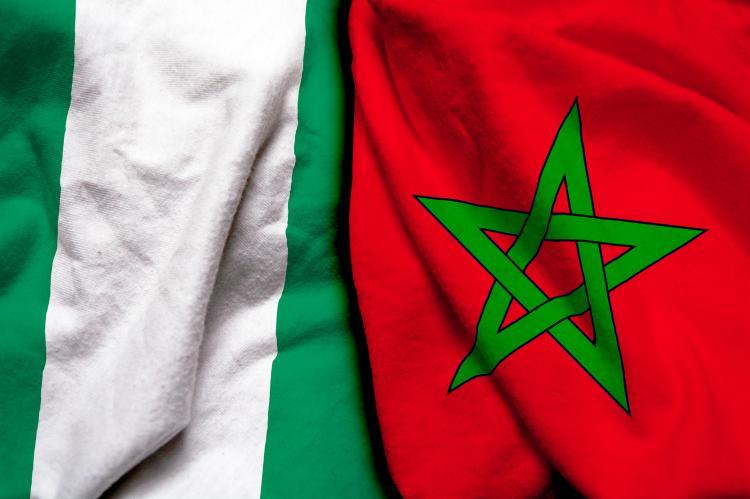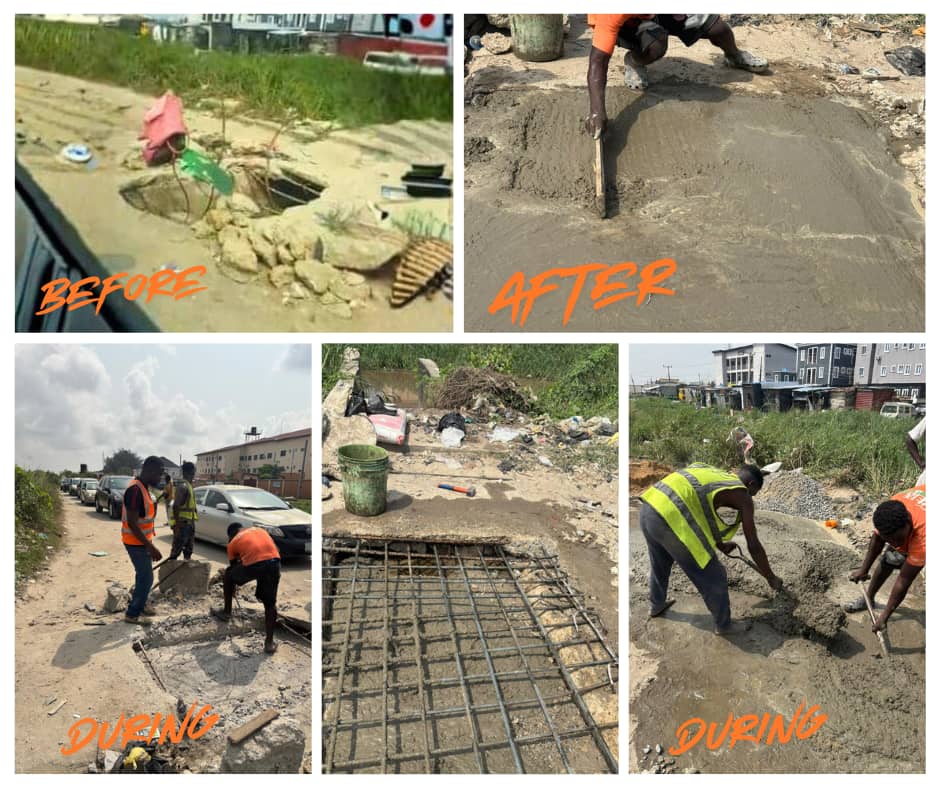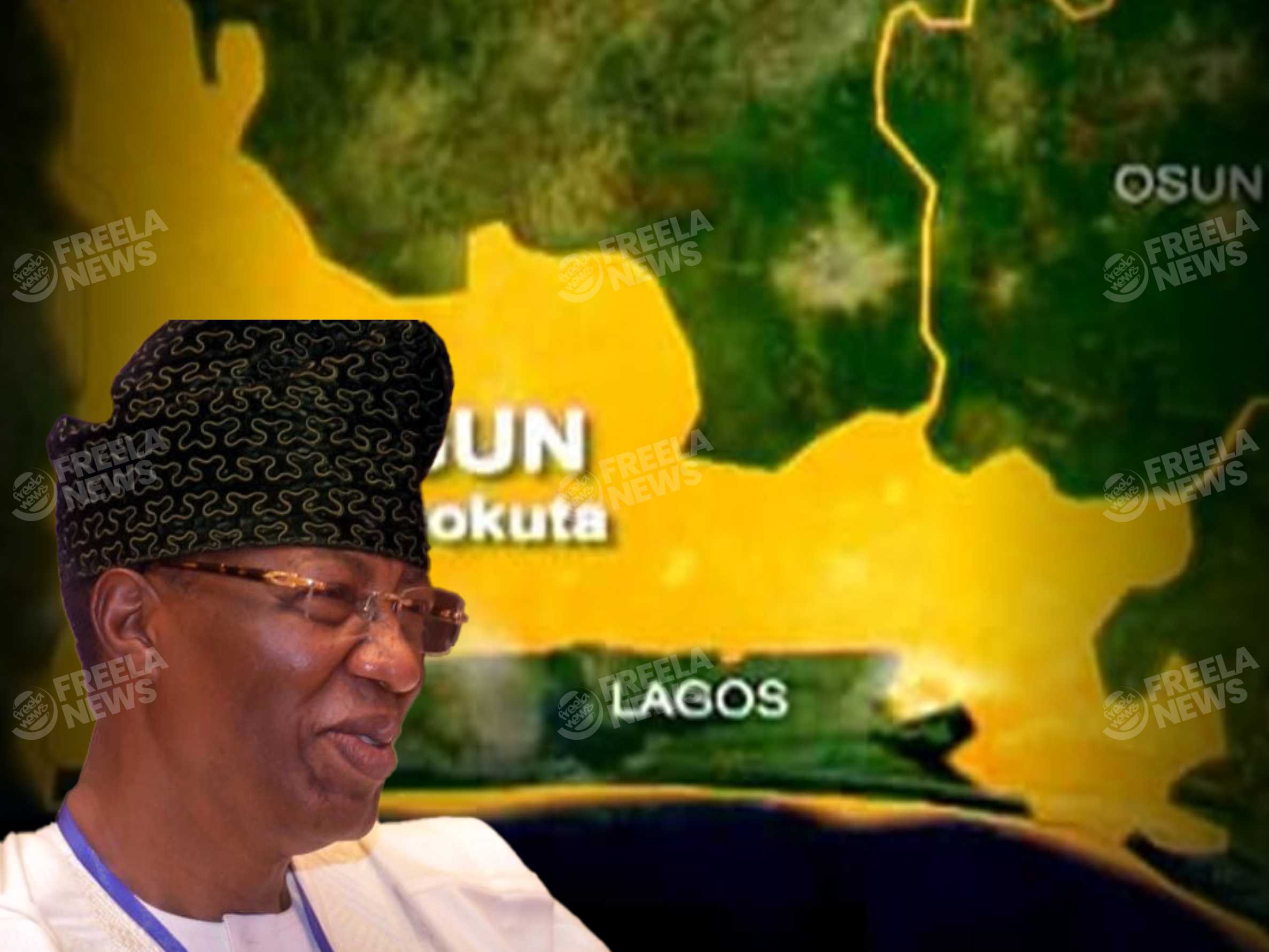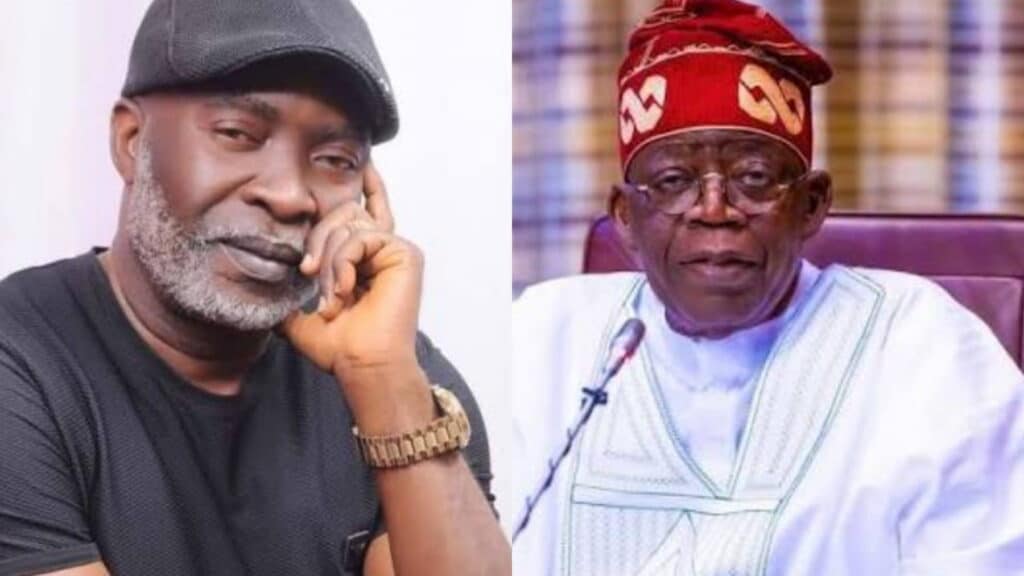The UAE joins a consortium of international institutions to finance the $25 billion Nigeria-Morocco gas pipeline, a strategic project to boost African energy and economic cooperation
[dropcap]T[/dropcap]he United Arab Emirates (UAE) has announced its commitment to financially contribute to the construction of the natural gas pipeline connecting Nigeria to Morocco and extending to Europe.
Also read: Woodhall Capital unveils UAE-Nigeria investors’ forum
Morocco’s Minister of Energy Transition and Sustainable Development, Leila Benali, informed the Moroccan parliament of the UAE’s decision, stating that the estimated $25 billion project has garnered support from several prominent institutions.
According to Minister Benali, the project has already secured backing from the Inter-American Development Bank, the Organisation of the Petroleum Exporting Countries Fund, and the European Investment Bank, in addition to the UAE.
She further revealed that “Morocco has completed all preliminary feasibility and engineering studies for the planned gas pipeline that will connect Nigeria to Morocco.”
Industry sources confirm that the project, endorsed by the Economic Community of West African States (ECOWAS), has successfully completed its feasibility study and Front-End Engineering Design (FEED) stages.
The pipeline will be developed in phases, with the initial phase linking Morocco to offshore gas fields in Senegal and Mauritania, as well as connecting Ghana and Ivory Coast.
Subsequent phases will extend the connection from Nigeria to Ghana and finally from Ivory Coast to Senegal.
Stretching across 15 African nations and covering a distance of 6,800 km, including 5,100 km offshore, the renamed ‘African-Atlantic Gas Pipeline’ will integrate Nigeria’s gas network with Morocco’s infrastructure in Dakhla before its northward extension. Once completed, it is anticipated to be the world’s longest offshore gas pipeline.
Minister Benali also announced that China’s Jingye Steel Group has been awarded the contract to supply pipes for this strategic project, which Morocco views as a significant step in strengthening South-South cooperation.
Nigeria and Morocco have established a joint venture to oversee the project, following a signed financing agreement between the two countries.
The pipeline is expected to significantly enhance electricity supply across several African countries, foster greater economic collaboration within the region of over 400 million people, and promote regional infrastructure development and industrial growth.
Also read: Nigeria, UAE forge stronger ties to combat illegal gold trade
In addition to this ambitious gas pipeline project, Minister Benali highlighted Morocco’s ambition to become a regional hub for renewable energy and its substantial potential for green hydrogen production.





























